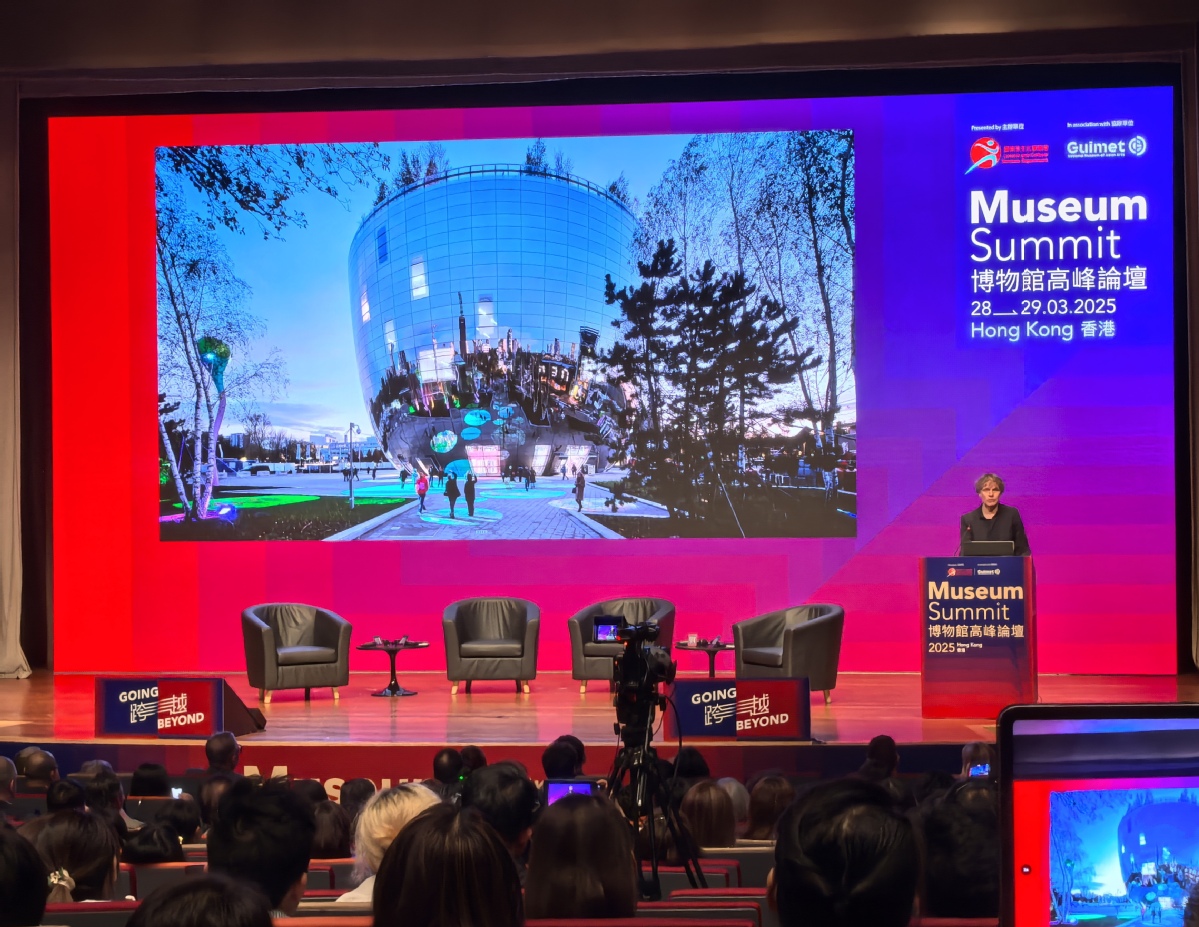Museum Summit speakers find wellness to nurture sustainable future


Chris Saines, director at Queensland Art Gallery | Gallery of Modern Art in Australia, said the important thing coming toward museums are "social prescriptions" and that medical professionals have been prescribing visits to the museums and recommending participation in special museum programs like the dementia programs.
He said about 4,000 participants have worked with them in their programs.
"It's a cost we found easily through sponsorship. Because millions may have parents or people affected with dementia. We all have aging communities right across the world and so I think that there's a lot of power in this," said Saines.
Celenk Bafra, artistic director, Istanbul Museum of Modern Art in Turkiye, said the role and value of museums have always been important. But apart from preserving artifacts and documenting history, museums "have responsibilities to societies, and to the planet in general, to respond to evolving demands and needs of society".
At the Istanbul Museum of Modern Art, they have come up with "tools for healing" as their museum expands and that museums "need to be nurturing", including for the future generations.
"We aim to offer a safe space of social interaction, something that reflects ethos of museums," said Bafra.
Giovanni Carlo Federico Villa, director of Palazzo Madama in Italy, presented a food for thought in "legacy or heritage?". He also introduced the various programs and spaces at Palazzo Madama, including having a Medieval Botanical Garden for those with museum fatigue. He said said the pursuit of happiness was one of the aspirations and basis of human existence.
"Surrounding yourself with art is good for fighting everyday stress," he said.
Elizabeth Escamilla, assistant director for Education and Public Programs at J.Paul Getty Museum in the United States, said historically, museums "have always been responsive".
She noted that museums founded in the 1700s "are not the same anymore".
"Museums are living, breathing, wonderful spaces and they need to expand and change based on what society requires them to be," said Escamilla, as she shared that the museum aims to have more programs on wellness as it expands, following the threat from the Southern California wildfires earlier this year.
"I think if we expect museums to continue into the future and not be replaced by their (wellness) kinds of spaces, then we need to be responsive to what's required to evolve and change and stretch ourselves," she added.























